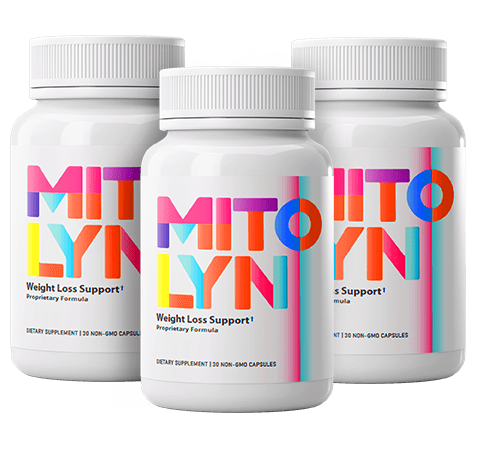Unlocking the Secrets to Optimal Health: A Comprehensive Guide to Boosting Your Well-being
When it comes to achieving optimal health, there is no one-size-fits-all approach. It requires a combination of healthy habits, a balanced diet, regular exercise, adequate sleep, and stress management. In this comprehensive guide, we will delve into the secrets of optimal health and provide you with valuable insights on how to boost your overall well-being.
The Importance of Nutrition
One of the key components of optimal health is nutrition. A balanced diet rich in fruits, vegetables, whole grains, lean proteins, and healthy fats is essential for maintaining good health. Eating a variety of foods ensures that you are getting all the essential nutrients your body needs to function properly.
Some key nutrients to focus on include:
- Protein: important for building and repairing tissues.
- Fiber: aids in digestion and helps prevent constipation.
- Omega-3 fatty acids: essential for heart health and brain function.
- Vitamins and minerals: play a crucial role in various bodily functions.
The Power of Exercise
Regular physical activity is another crucial aspect of optimal health. Exercise helps improve cardiovascular health, build muscle strength, and boost mental well-being. Aim for at least 150 minutes of moderate-intensity exercise per week, such as brisk walking, cycling, or swimming.
Some benefits of regular exercise include:
- Reduced risk of chronic diseases such as heart disease, diabetes, and obesity.
- Improved mood and mental health.
- Enhanced flexibility and balance.
The Importance of Sleep
Adequate sleep is often overlooked but is essential for optimal health. Lack of sleep can lead to a host of health problems, including weight gain, impaired cognitive function, and increased risk of chronic diseases. Aim for 7-9 hours of quality sleep per night to allow your body to rest and recharge.
Some tips for improving sleep quality include:
- Establishing a bedtime routine.
- Avoiding screens and caffeine before bedtime.
- Creating a comfortable sleep environment.
Stress Management
Chronic stress can have a negative impact on both your physical and mental health. It is important to find healthy ways to manage stress to prevent long-term health problems. Some effective stress management techniques include:
- Exercise.
- Meditation and mindfulness.
- Deep breathing exercises.
- Spending time in nature.
Common Questions About Optimal Health
What are some simple changes I can make to improve my health?
Some simple changes you can make to improve your health include:
- Eating more fruits and vegetables.
- Drinking plenty of water.
- Limiting processed foods and added sugars.
- Getting regular exercise.
- Managing stress through relaxation techniques.
How can I maintain a healthy weight?
Maintaining a healthy weight requires a combination of a balanced diet and regular exercise. Focus on eating whole, unprocessed foods and limiting your intake of high-calorie, low-nutrient foods. Aim for at least 150 minutes of moderate-intensity exercise per week to help burn calories and maintain a healthy weight.
What role does hydration play in optimal health?
Hydration is essential for optimal health as water plays a crucial role in various bodily functions, including digestion, circulation, and temperature regulation. Aim to drink at least 8 glasses of water per day and more if you are physically active or live in a hot climate.
Conclusion
Unlocking the secrets to optimal health requires a holistic approach that encompasses nutrition, exercise, sleep, and stress management. By making small changes to your daily habits, you can boost your overall well-being and enjoy a healthier, happier life. Remember to consult with a healthcare professional before making any significant changes to your lifestyle to ensure that they are safe and appropriate for your individual needs.
Here’s to your health and well-being!










